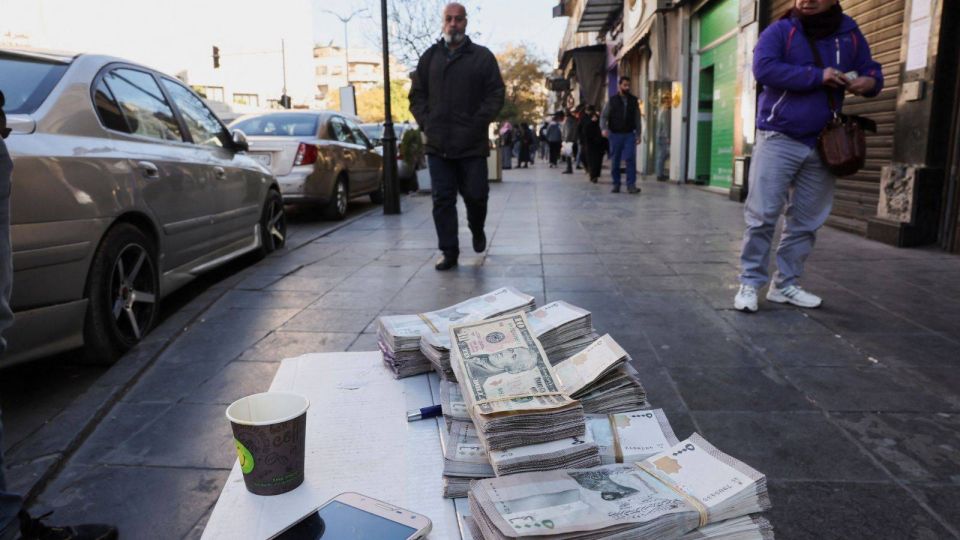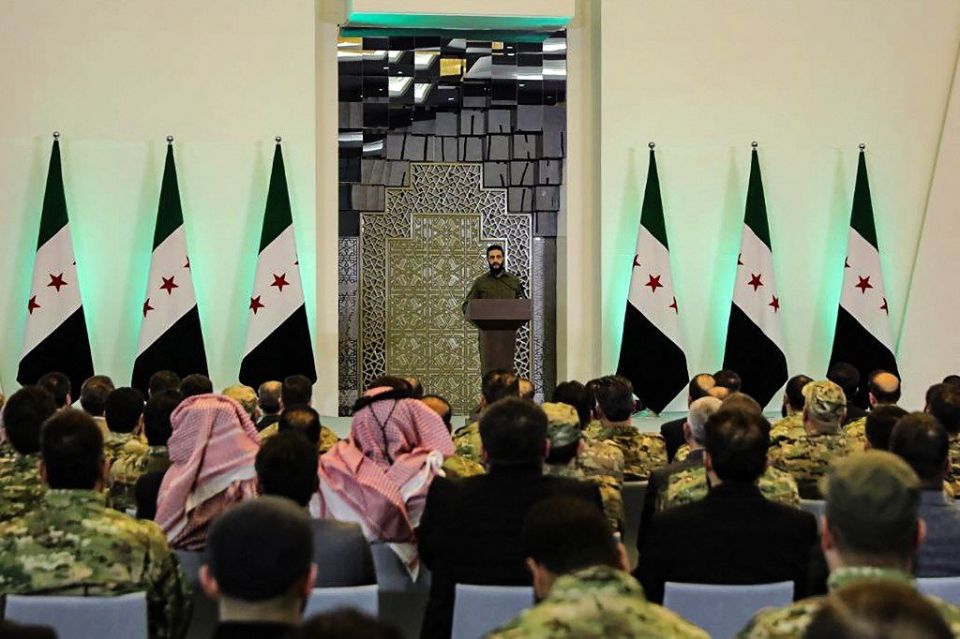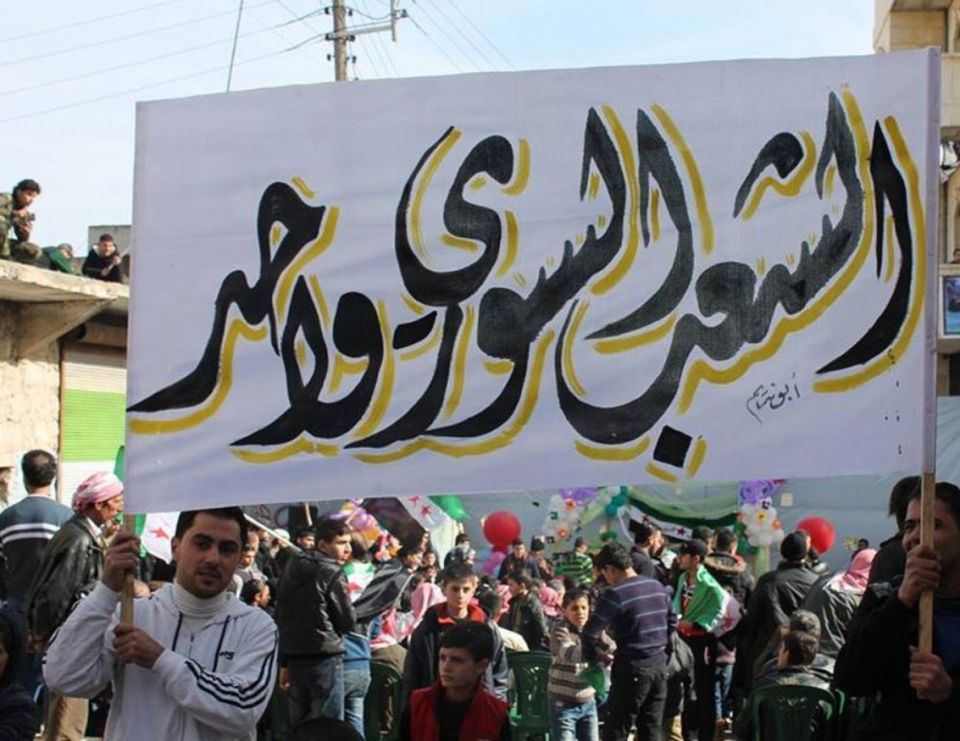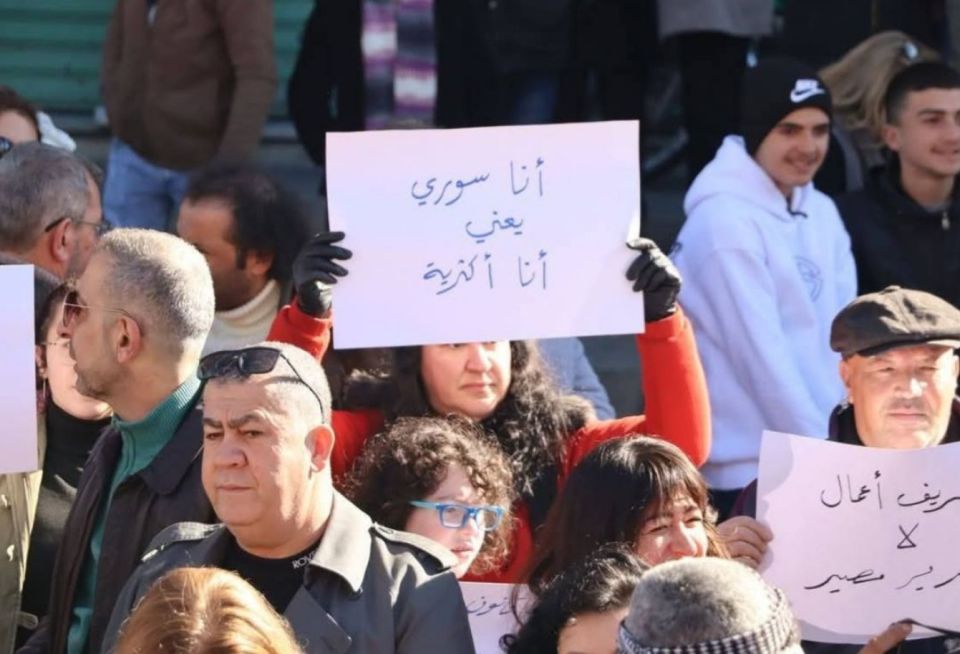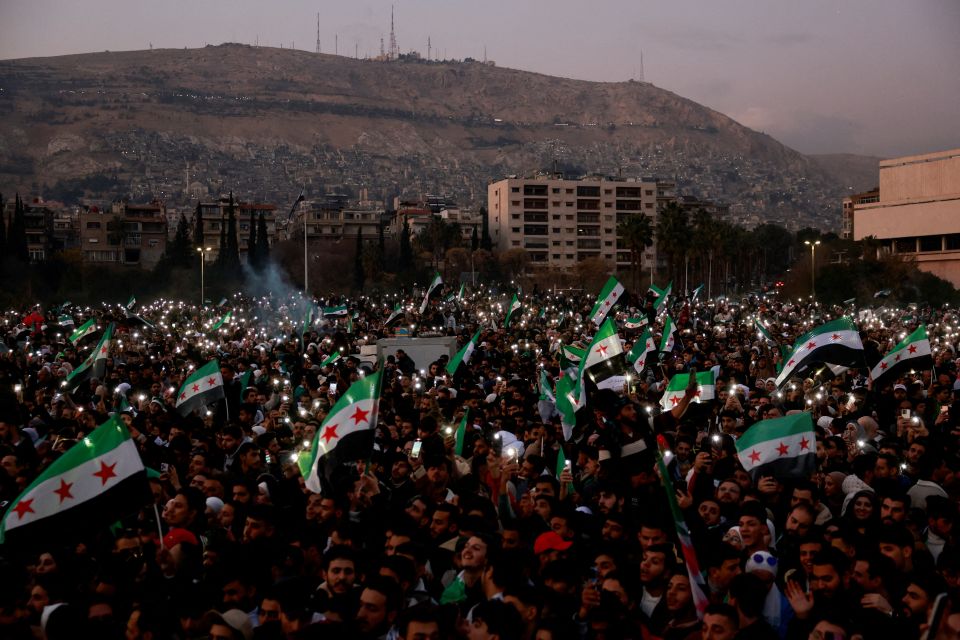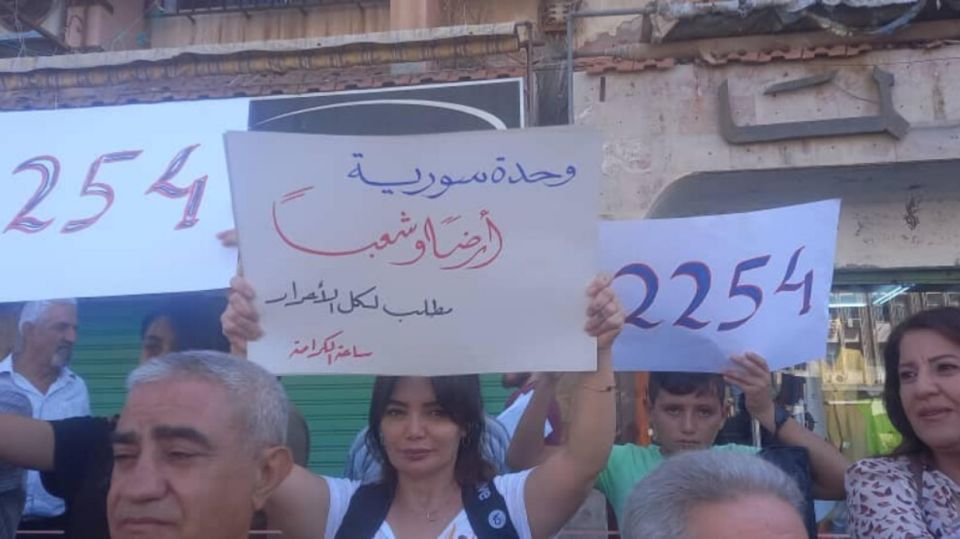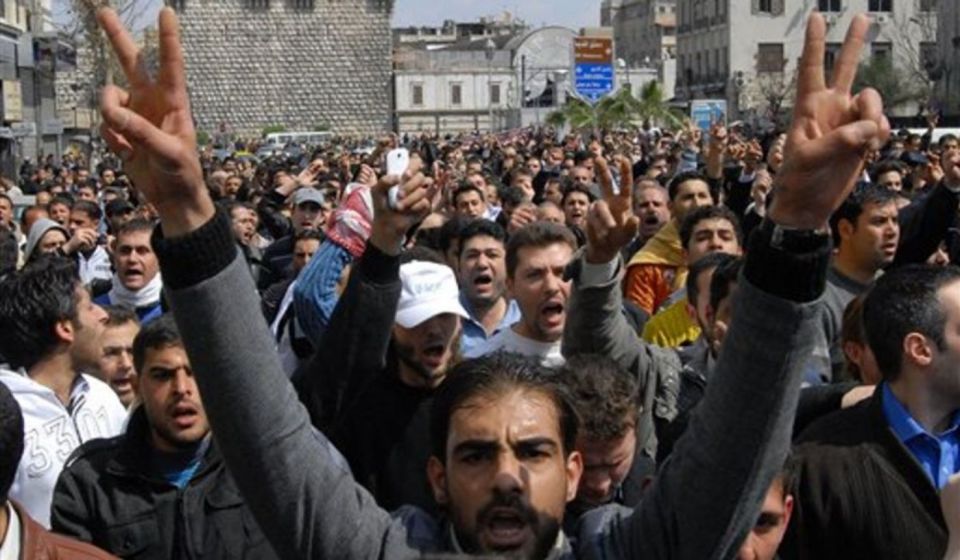Kassioun Editorial 1213: The Priority of All Priorities is The People’s Condition
Topics such as civil peace, arms control, transitional justice, preparations for the national conference, the transitional government, political pluralism, democracy, the required constitution, and foreign relations of the new Syria occupy an important space in public debate among politicians, intellectuals, and the media. They are all, without a doubt, important topics for Syria’s present and future, and preoccupy all Syrians. However, they do not constitute, at this moment, the greatest obsession and concern for the overwhelming majority of Syrians.


